North East Platinum Jubilee Fund Projects
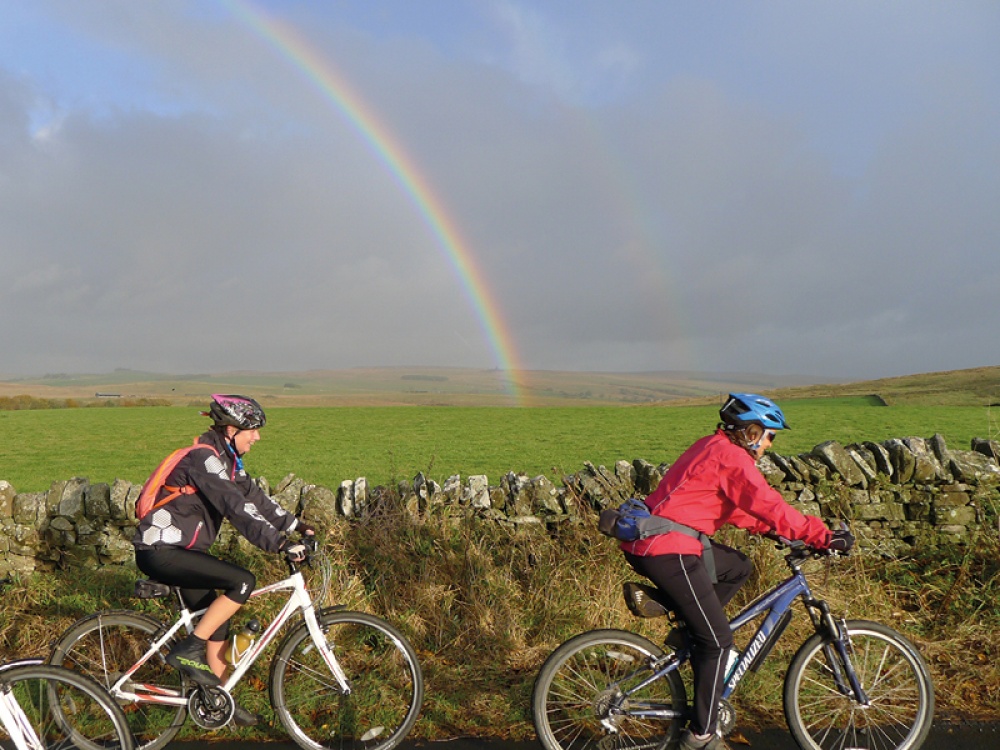
From growing-your own food and protecting and caring for bees, to bikes and local guided tours, we discover how each of these projects will be using their funds
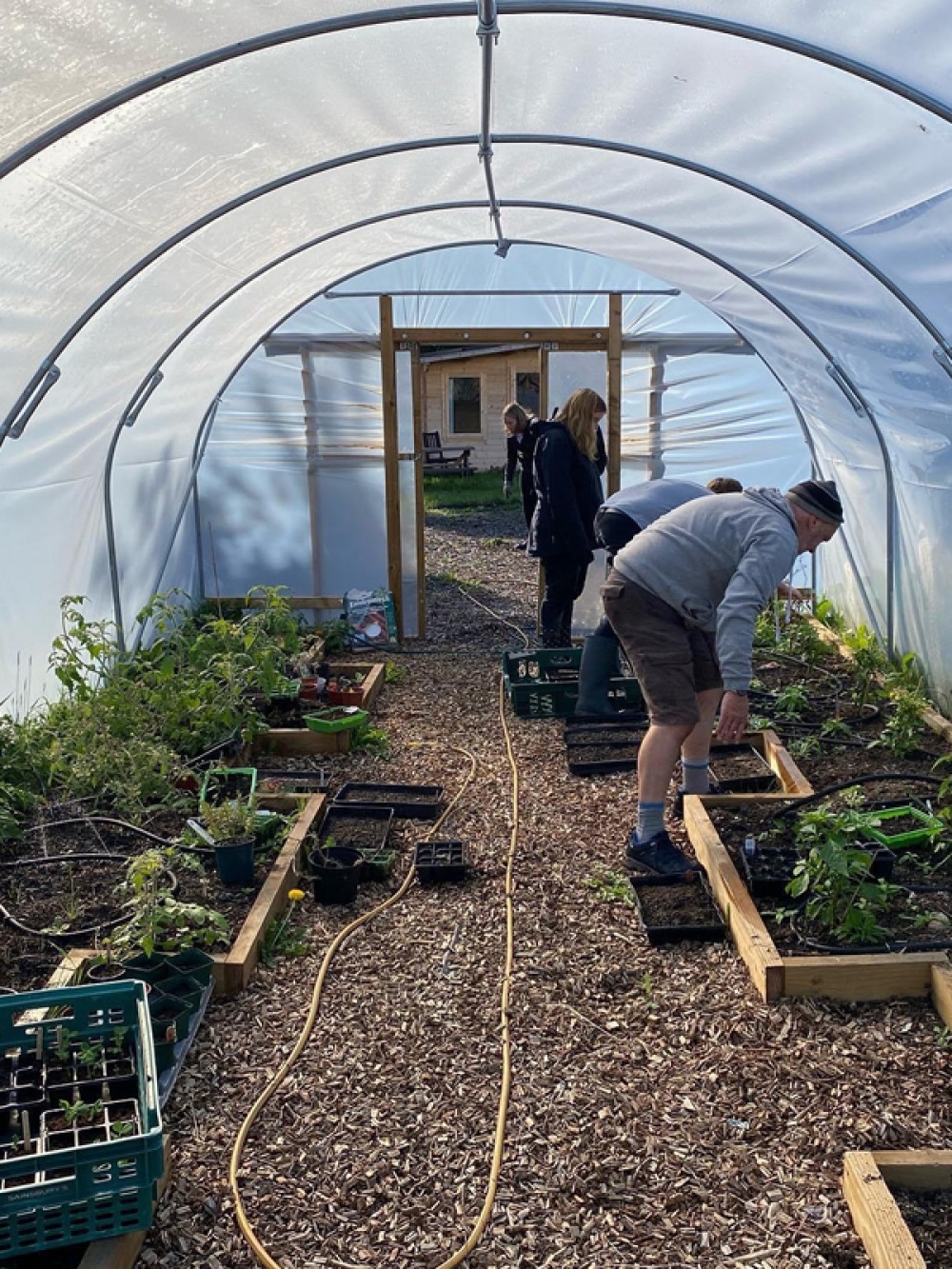
The organisation’s director Andy Robinson was living in Dallas and worked on a project which has now become one of America’s biggest urban farms, and it’s there that he saw the benefits of such a project, giving people things to do, creating employment pathways and improving mental health. ‘When I moved back to Teesside, I saw some similarities, especially in terms of health inequality,’ Andy says. ‘Back in 2018, BBC’s Panorama programme featured Stockton, highlighting the health inequality here as one of the biggest in the country.’ And so Cultivate Tees Valley came about to help address these issues.
‘We’re all well aware of how expensive living is at the moment, and that seems to be getting worse,’ says Andy. ‘When people come along to our sessions, there’s always food available. Gardening has a lot of therapeutic benefits, and I think one thing that Covid-19 taught all of us is what it feels like to be lonely and isolated. Part of our work looks at conquering that. The work we do is open to anyone. We do projects in local schools, we have sessions with Middlesbrough and Stockton Mind, and we also have an open session which we call Grow In The Community.’
‘In residential streets people often don’t have the space to grow their own food, but Cultivate Tees Valley hope that people will engage with the planters in their area’
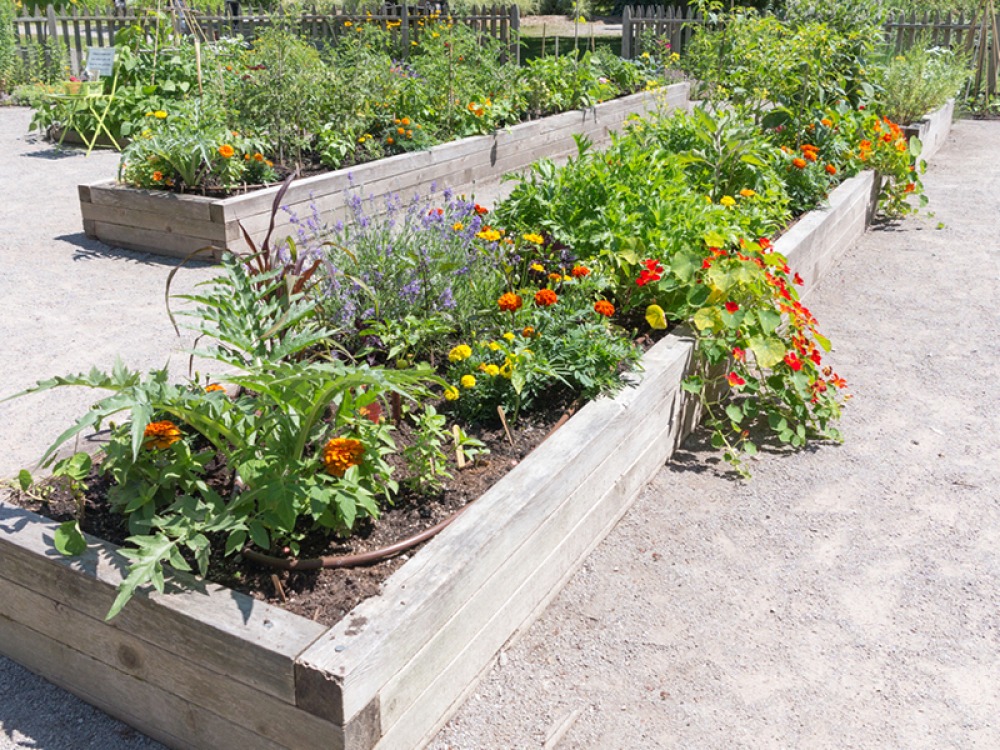
This new project, with help from Stockton Borough Council and Sprouts (a local charity which teaches people how to cook nutritious meals), is potentially their biggest yet. ‘We feel incredibly lucky to have got the funding and really excited because we’ve been talking about an edible town project for a couple of years now,’ Andy explains. The funds mean Andy and his team can buy essentials like tools, compost and equipment. The idea of an edible town means growing food for people locally in as many places as you can, whether that’s private places or public spaces. ‘It’s all about feeding hungry bellies, and showing how important it is to eat well and look after your health,’ says Andy. ‘Part of the funding for this project is for plaques to be placed on the 70 planters so people can scan a QR code which will take them to a website with recipes which we’ll collate from local people, plus more information about how anyone can get involved in the work we’re doing.’
Cultivate Tees Valley are celebrating the Jubilee throughout the project. There’ll be 70 planters and 70 recipes which they plan to turn into a recipe book. ‘The theme for the recipes are meals that people would associate with the Queen or the Royal Family – for example, coronation chicken,’ Andy adds. ‘But we’ll be able to put local twists on things. We’ll ask local people what they want in their planters. It’s a whole plot-to-plate cycle and Sprouts will help us with the cooking side of things. If we can get to a stage where we can enable people to be able to grow things at home themselves, then that’s a much cheaper way to produce your own food. That’s good on a sustainability level too, in reducing food miles.’
In residential streets people often don’t have the space to grow their own food, but Cultivate Tees Valley hope that people will engage with the planters in their area and that they’ll help to maintain them moving forwards. They’ve also got funding for an aquaponics system. ‘We can keep fish in a pond and that pond connects through to raised beds so the fish waste is a natural fertiliser for vegetables. That’s a sustainable way of growing veg. We don’t think too many of those are around and that’ll be a great way to help educate people too.’
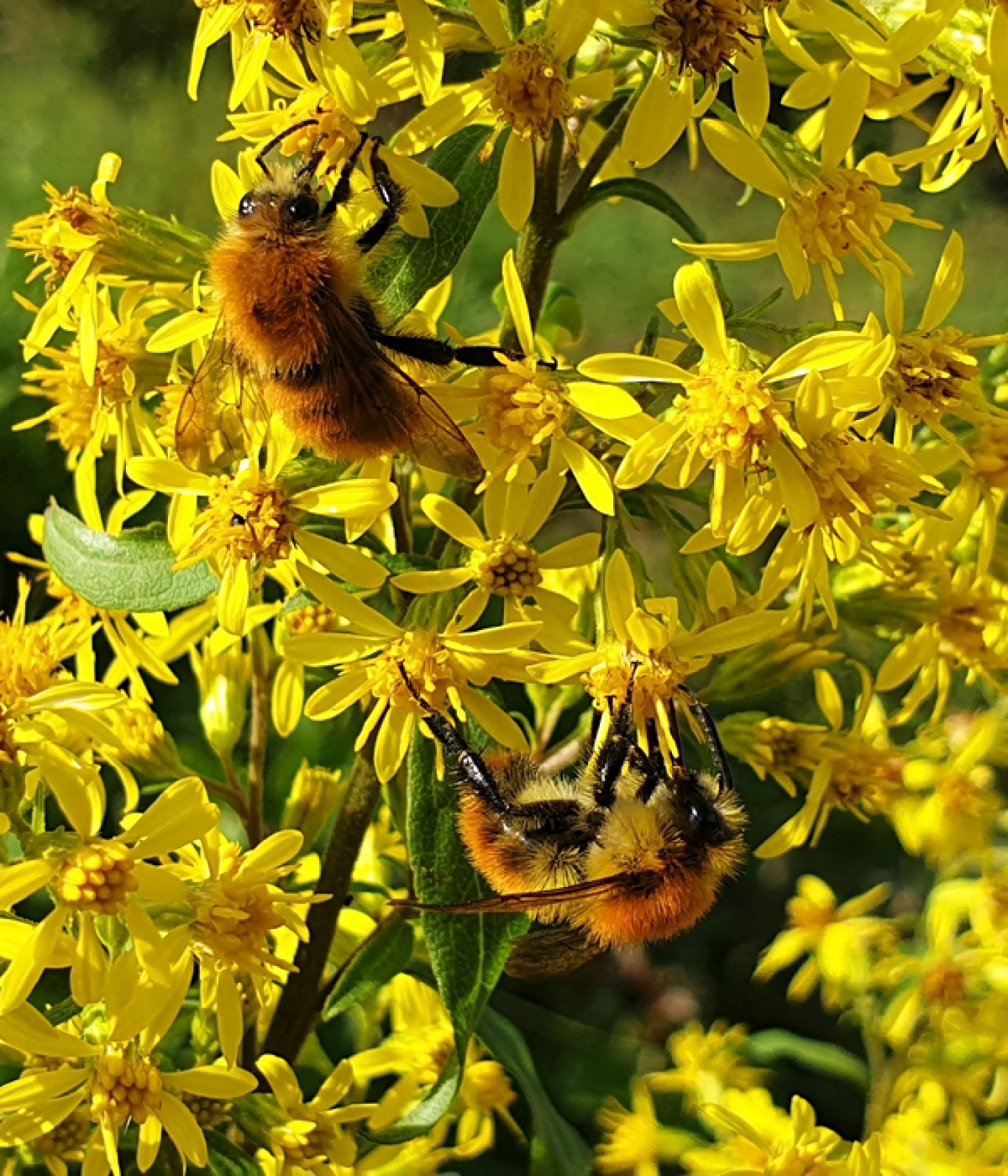
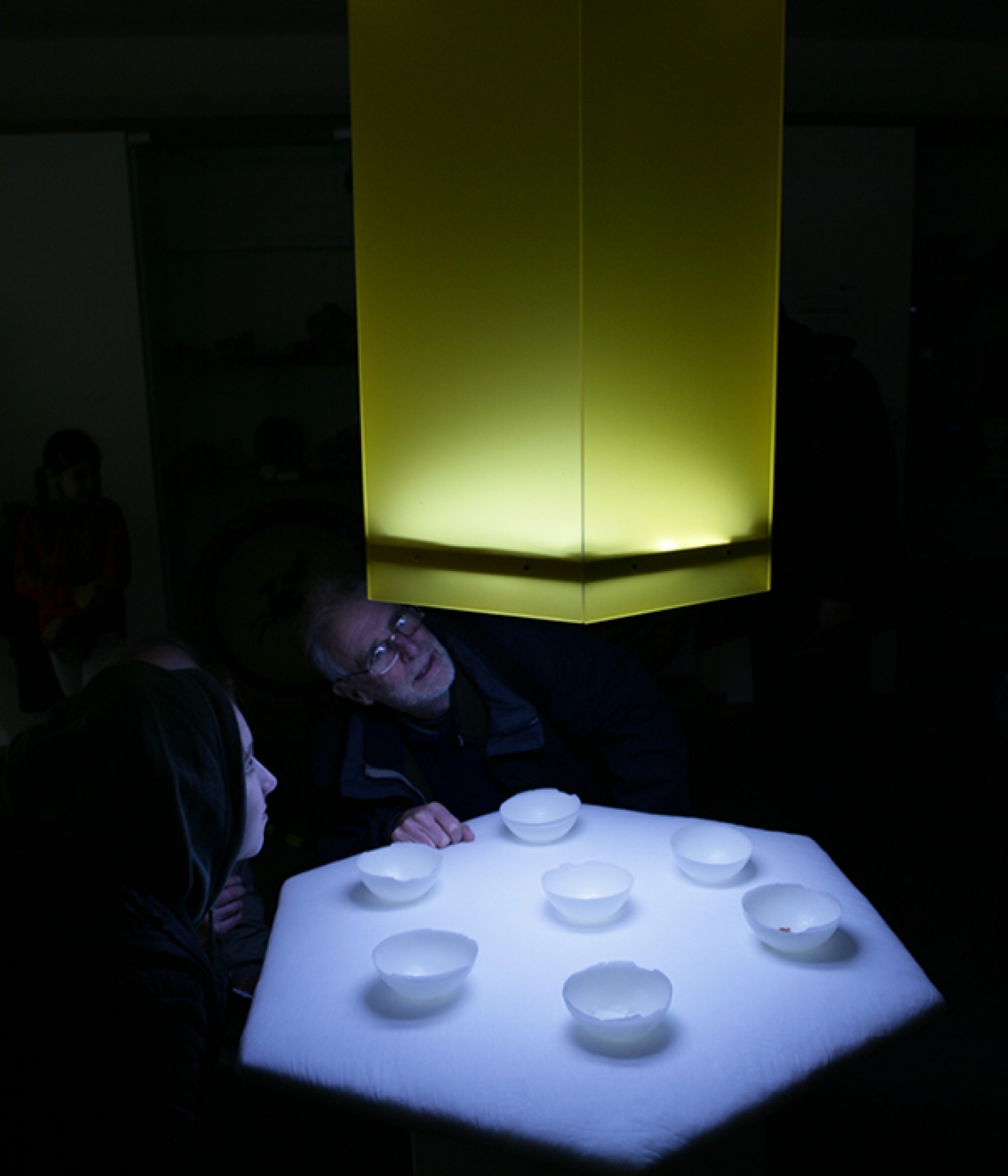
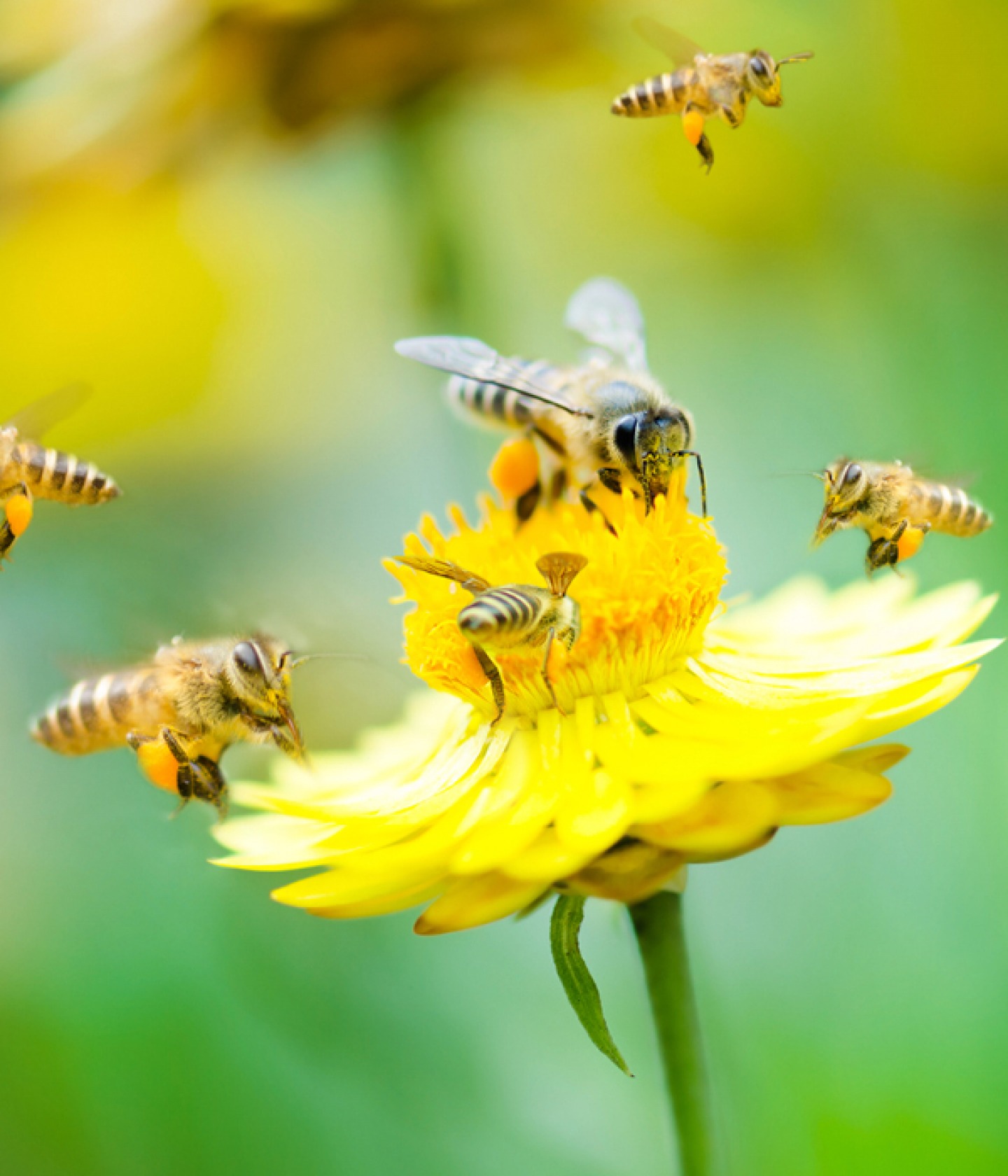
Gateshead-based community arts organisation Dingy Butterflies has received £49,980, and over the next two years they plan to use the grant to work with visual artist and beekeeper Barbara Keating. She’ll join the people of Bensham and Saltwell on their new project Bees of Bensham, helping them understand more about the pollinators in their community and how they can support them and their habitat.
Barbara started beekeeping 12 years ago. ‘I needed to spend more time outdoors to get some Vitamin D,’ she laughs. She quickly began to realise the problems with bees’ habitats and foraging. ‘There was something called Colony Collapse Disorder in the US and the media went wild, and still quote those statistics today, and I began thinking about connecting people to what’s happening with bees (not just honeybees, but other pollinators too) and the idea that we’ll lose all our food if we don’t have pollinators.’
Since then, Barbara has held various events to educate people about bees in the area. She hosted a honeybee’s paladar as part of Simon Preston’s EAT! Festival. ‘You had to run a commercial restaurant and my whole menu was based around what bees like to eat,’ she explains. ‘I filmed bees feeding each other (where they pass messages between each other) and packing pollen, and I projected that down onto a table to create an immersive environment.’ She’s also held an event in Great North Museum: Hancock to show why we must, and how we can, protect bees.
Talk of the Bees of Bensham project began three years ago between Barbara and Dingy Butterflies’ artistic director Ben Jones. ‘While working here, I’ve been passing demolition sites which are waiting for regeneration and often people would say they’re an eyesore, but I looked at them and saw masses of biodiversity happening there,’ explains Barbara. ‘During lockdown, we spoke to other community groups about what we could do to improve the local environment. Historically, there are species of bee that we thought were extinct in the region, but through the North East Bee Hunt we’ve found that some of them are still here – and there are some new additions to the region like the tree bumblebee. So to understand bees better, what’s needed is a mapping of what we’ve got in our urban areas, and how that can be best managed. You don’t have to be an expert to join in; your sightings, photographs or written notes (whatever you can do) can be fed back to the North East Bee Hunt and inform them about what’s going on in the area. Local people can take ownership of it and there are a lot of proactive people within these communities who do want to be involved.’
Barbara is looking forward to meeting local people face-to-face as they learn more about pollinators. ‘A lot of people don’t know that some bees live in trees or holes in the ground because we tend to think of nests of bees, or beehives. I’m also excited to see people relax when they know that bees aren’t actually wanting to sting you,’ she laughs. ‘I’ll be producing artwork (but I don’t know quite what that is yet because it’ll be based on people’s perceptions, what we find and what we, as a community feel needs to be done next). It’s all about celebrating bringing the community together to do something meaningful.’
On Sunday 5th June, Bees of Bensham will launch with a celebratory Jubilee event at the Comfrey Project in Bensham. The community will be able to get involved in creative activities with Barbara and members of the Comfrey Project to make a Queen bee and find out how they can get involved in the project. They’ll also be invited to go on a bee and nature walk to find out about the bees in their community, and go on an earth walk with Climate Action North East. It’s hoped the whole community will come together for this event, and then get involved in the project.
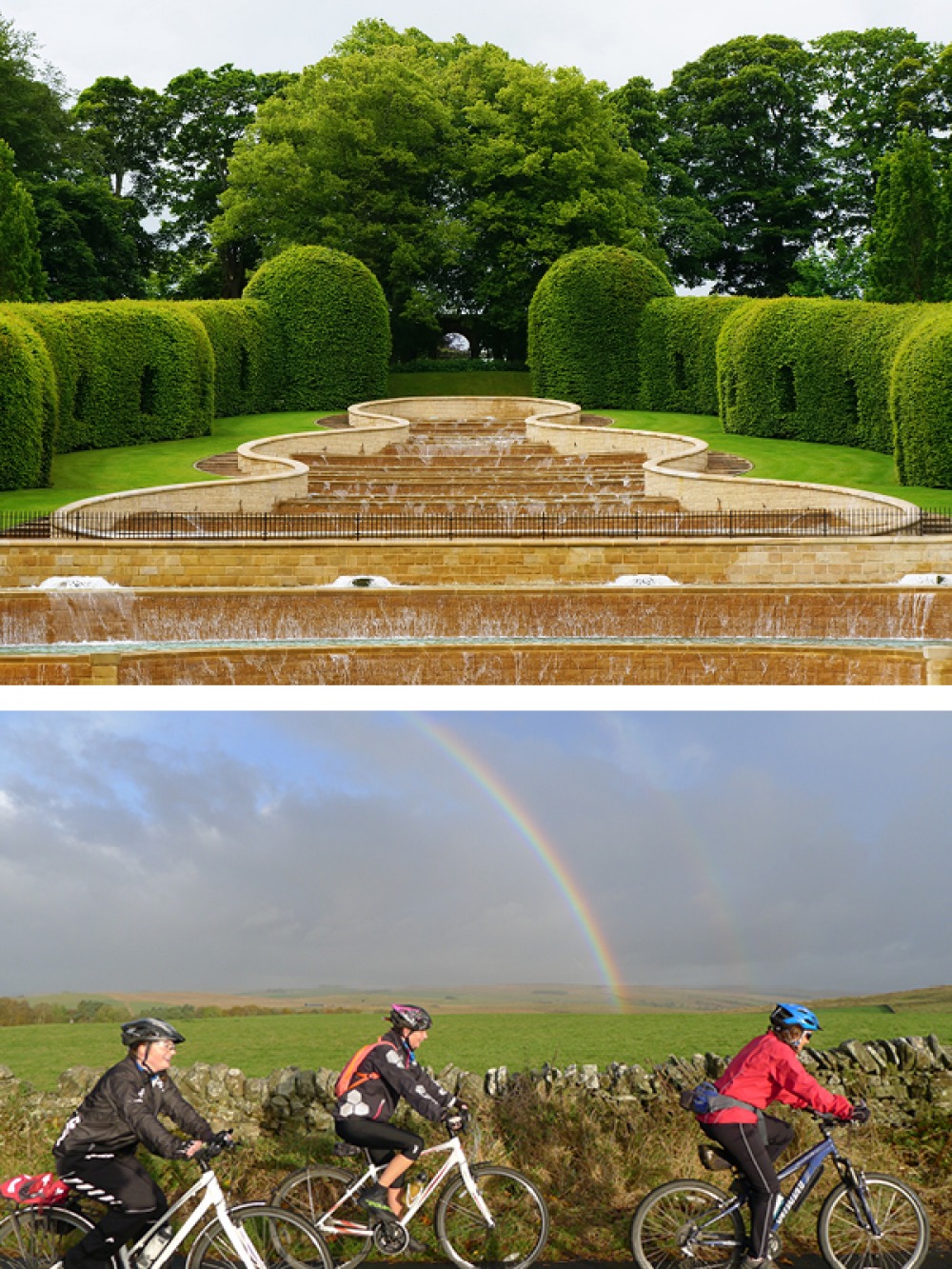
WATBUS is a community organisation based in Washington which has been providing transport for a range of adults, school children and vulnerable members of the community since 1998. ‘We’re split into two main parts. WATBUS provides transport and we work with local charities and community groups, as well as schools to support children with special educational needs who need transport to get to school. Whereas WATBIKE, based in Kirkley, provides cycling services throughout the North East,’ says Karen Cox, operations officer at WATBUS.
During the last 18 months there hasn’t been much to celebrate, however WATBUS wanted to create a project which would help bring families and members of the community together for the Queen’s Jubilee, creating memories for years to come. ‘Thanks to the fund, our Jubilee Journeys project will support the more vulnerable members of our community and help build their confidence. The Jubilee Cycling project will also bring families together for fun and healthy activities,’ Karen says. Jubilee Journeys received £50,000 of funding, and Karen explains that the money will be split between three parts of the project. ‘We will mainly be working with Vision Northumberland [formerly known as Northumberland County Blind] to get the community back out and about because the pandemic meant a lot of people went in on themselves.’
WATBUS want to promote outings for people with sensory loss, to enhance their quality of life and combat loneliness. ‘We will have guides who will take groups to different places around Northumberland like Alnwick Castle and Gardens, and we will arrange for [those with visual impairments] to have a sensory experience,’ she explains.
The second part of the Jubilee Journeys funded project is Jubilee Cycles. The emphasis on this part of the project is to bring families together, including parents, grandparents, and children, to experience new places together. ‘We will have trained guides who will make sure the rides are of a level everyone can manage, so nothing too high impact, just a nice ride along. On the Jubilee weekend we’ve planned a special bike ride which ends in Ponteland and a party in the park,’ says Karen. The whole Jubilee Journeys project is taking place over the course of 12 months and during the cycling season (June to October) WATBIKES will host six cycles, each with volunteer guides basing the routes around health and history.
‘Through the three aspects of Jubilee Journeys, WATBUS are hoping to enhance the lives of those within the communities of Northumberland’
The final part of the project will look at recruiting more volunteers so the legacy of WATBUS and WATBIKES continues. ‘The legacy for us will be having a team of volunteers who will be trained in first aid and who have taken the MiDAS mini bus driving course. We’re up-skilling the volunteers and getting them more experience which leads many of them into paid employment, but we want to make sure our volunteers have the right skills for what we are doing.’
Through the three aspects of Jubilee Journeys, WATBUS are hoping to enhance the lives of those within the communities of Northumberland so that those with impairments can get back to enjoying the beauty and natural surroundings of the area. ‘We’re trying to keep the destinations within Northumberland so that those who live here get to see more local places which may have been difficult to get to before,’ says Karen. Over the next 12 months, WATBUS and WATBIKE will be hosting a number of transport events and trips hoping to build confidence and bring members of the community together. ‘We’re hoping that from this we can develop other partnerships with other organisations so that we can meet more needs within the community.’
To find out more and to follow each project’s journey, visit cultivateteesvalley.co.uk, dingybutterflies.org/bees-of-bensham and watbus.org.uk.







